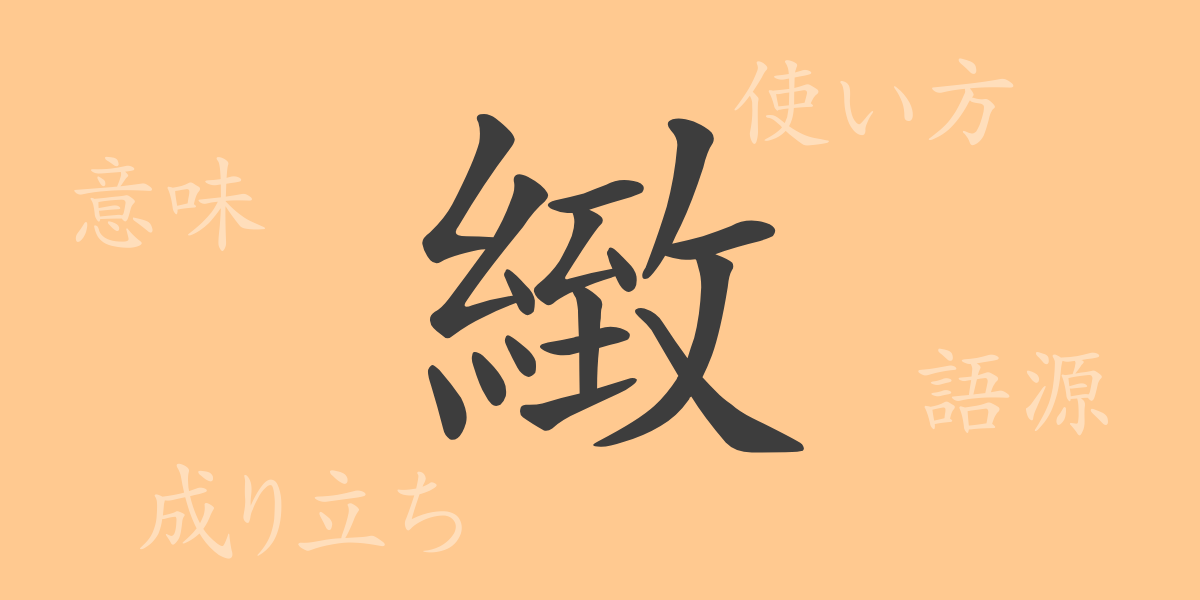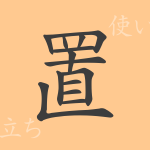The richness of the Japanese language is evident in each kanji character, each bearing its own history and story. “緻(ち)” is one such character, rarely seen in everyday life but deeply meaningful, playing a significant role in Japan’s meticulous traditions and culture. This article delves into the origins, meanings, and usages of “緻(ち),” as well as the idioms and phrases associated with it, exploring the profound cultural and linguistic significance embedded in this single character.
Origins of “緻(ち)”
The kanji “緻(ち)” originated in ancient China, symbolizing the process of spinning fine threads. Its construction combines “疒” (indicating disease or defect) and “知” (meaning knowledge or recognition), suggesting a mental disturbance or foolishness from disrupted knowledge. Over time, it has been used to denote fine, detailed work in crafts or any work requiring meticulous care, reflecting its origins in representing detailed craftsmanship.
Meaning and Usage of “緻(ち)”
“緻(ち)” generally conveys notions of ‘detailed,’ ‘fine,’ or ‘precise.’ It is often used as an adjective, as in “緻密(ちみつ)” (meticulous) or “緻密な計画” (meticulous planning), indicating something well-planned or elaborated in detail. It also appears in expressions like “緻密な構造” (intricate structure) or “緻密な作業” (detailed work), emphasizing precision in technology, craftsmanship, or planning.
Readings, Stroke Count, and Radical of “緻(ち)”
The kanji “緻(ち)” is characterized by its specific readings and features.
- Readings: On’yomi (音読み) “チ” (chi), no common Kun’yomi (訓読み).
- Stroke count: 15 strokes.
- Radical: Thread (糸部, いとへん).
Idioms, Phrases, and Proverbs Using “緻(ち)”
Idioms and phrases involving “緻(ち)” reflect its connotation of precision. For example, “緻密(ちみつ)” describes something thoroughly detailed, and “緻楚(ちそ)” indicates delicacy and beauty. These terms are often used to praise plans, artworks, or craftsmanship that are meticulously made. While not exactly a proverb, the phrase “緻密な計画は成功の母” (A meticulous plan is the mother of success) encapsulates the idea that detailed planning is essential for success.
Summary of “緻(ち)”
The kanji “緻(ち)” holds a crucial role in expressing fineness and precision within the Japanese language. From its origins to its meanings, usages, and the phrases it forms, “緻(ち)” reflects the Japanese culture’s emphasis on meticulousness and sophistication. Although it may not frequently appear in daily conversation, this character embodies the aesthetic sensibilities and the diligent attitudes valued by the Japanese people.

























